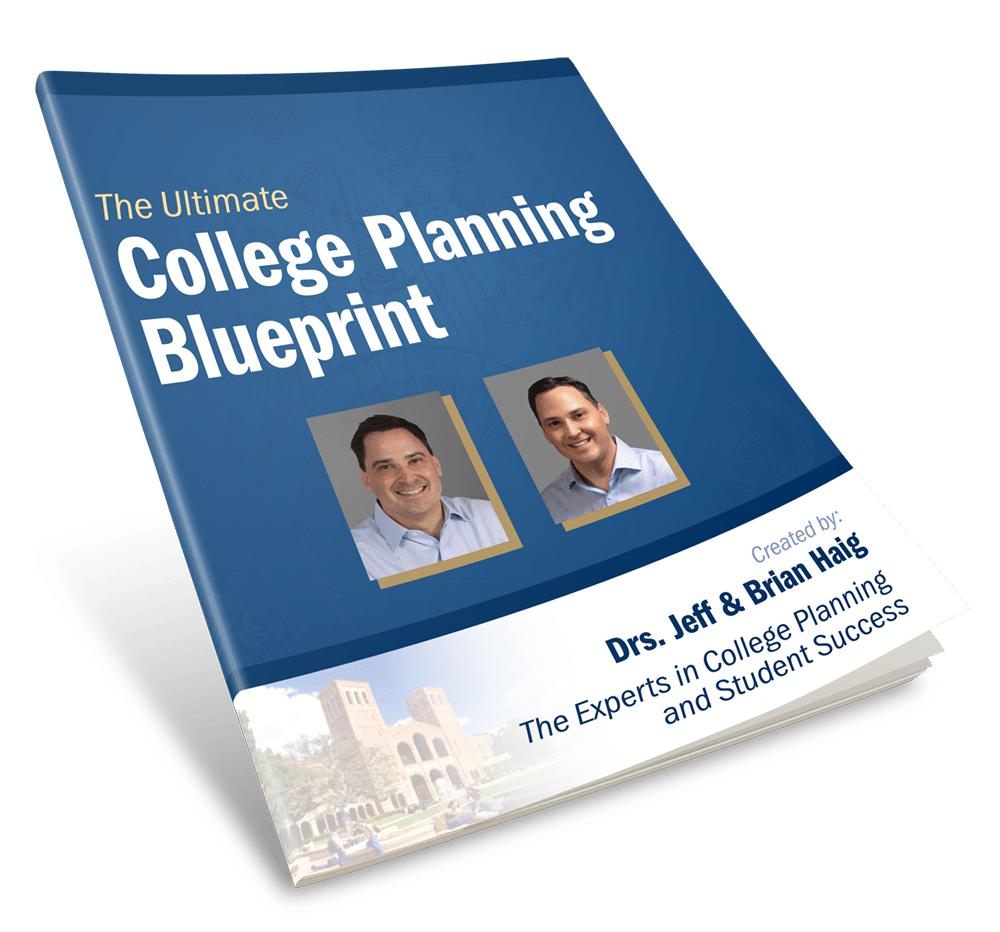Student debt is perhaps one of the hottest topics within the current presidential administration. You may even have friends and older siblings who have borrowed a lot of money in order to pay for their top choice colleges but aren’t entirely sure how they’re going to pay it all back. Don’t fall into the same trap!
Paying for college can feel overwhelming, especially since you spend so much of your high school career just focused on how to get into the college you want.
You can still go to your dream college and make it affordable. It just takes some advanced planning like it does to get into that program.
How You Can Pay for College
While attending the right college for your future is an investment that will absolutely get you a return throughout your life, it’s not a small expense.
The average cost to attend a public 4-year college? $21,035 per year. And if you’re looking at a private college, your average cost is $32,769 per year.
With four years to attend, that can quickly add up.
Traditional student loans are not your only options to attend college, however. In fact, you have three viable options available to you if you start planning a bit early.
1. Federal Financial Aid
No matter where you are in your college planning process, every student should start here before ever looking at a loan.
If you’re a U.S. citizen or permanent resident, you may qualify for unsubsidized federal student loans or parent loans. To find out what you qualify for, you need to fill out the FAFSA.
Federal loans are less expensive than private student loans and offer better repayment options for after you graduate. Starting with the FAFSA and looking through their guidelines will help you decide what other steps you might need to take to save money on your college education.
2. Scholarships
Everyone loves free money, right? Scholarships are every student’s goal because it’s money that they don’t have to pay back.
Scholarships don’t have to require an outstanding academic record, either. There are lots of different types of scholarships available to students with specific talents, extracurricular activity involvement, overcoming obstacles, and of course high grades and test scores.
If you want to see what kinds of scholarships might be available for you, we recommend you do some research using FastWeb.
3. Grants
Depending on your financial needs, you may qualify for various federal and state aid in the form of grants.
Grants are called gift aid because they do not have to be paid back. Most grants are need-based, which means they are usually given based on your or your family’s financial circumstances.
You might qualify for federal grants such as the Pell Grant, TEACH, or FSEOG. To learn more about grants and whether you might be eligible, visit the StudentAid website.
College Doesn’t Have to Break the Bank
There are lots of options available to you to pay for the university and program you want to attend. We’re big believers that you don’t need to take on a ton of debt in order to set yourself off on the right path for your career.
Where you attend college should not be a financial burden on you for the rest of your life. Do a bit of research now and prepare to pay for college in a way that keeps you from being a national student debt statistic.

